Context
Introduction and main findings
Directed time
Directed time - part-time staff
Increase in student numbers
Cover
Open events
Administrative tasks
Non-contact time
Activities in lunch and after college outside directed time
Lunch break
Ofsted
Online platforms
College approach to workload
Recommendations for colleges
Conclusions
Context
The NASUWT Sixth-form College Survey took place in November 2023 and included 83 colleges. Of the 83, two are further education (FE) colleges where members are subject to TUPE protection of their sixth-form colleges’ terms and conditions.
Responses were received from 325 members. Of those who responded, 54.7% were subject teachers and approximately 40.3% were middle leaders. Experience of teaching in the sixth-form sector ranged from one year’s experience to over 30, the majority having from two to 16 years’ experience in a sixth-form college.
Introduction and main findings
Our survey confirms that there is a workload problem in sixth-form colleges, with 49.38% of respondents describing their workload as quite or fairly high and 41.67% describing it as excessive.
Therefore, over 91% of members thought their workload was fairly high or excessive. Only 8.95% of respondents commented that their workload was reasonable.
How would you describe your workload?
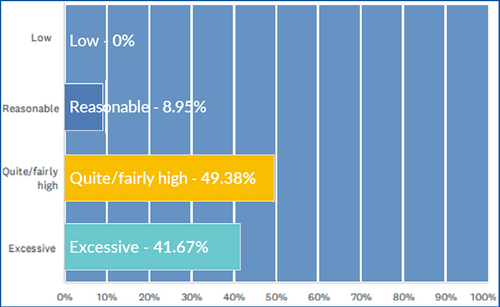
Comments:
‘There is a real focus on ticking boxes rather than spending time working with students. For all students who are absent from a lesson, I am expected to message them and log it on our internal monitoring system plus follow-ups. This has to be done in my own time. Every time a student does not submit a piece of work I have to do the same. Support sessions and meetings are scheduled for breaks and lunchtimes. I have two college meetings a week. This is in addition to prep and marking. I am a part-time member of staff but I regularly work on my day off.’
Do you feel your workload has increased significantly during the time you have worked in a sixth-form college?
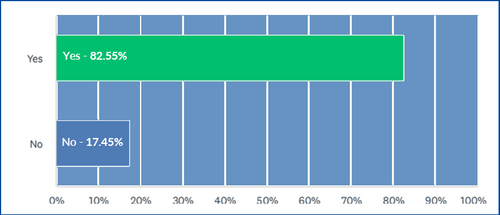
One of the main drivers of workload is an increase in class sizes. More than 77% of members report an increase in class sizes over the past five years which has resulted in a greater workload around marking and assessment.
A key workload driver described in the survey is administrative tasks, including the monitoring and following up of student attendance and entering data into multiple data systems.
There is a lack of clarity about what constitutes directed time, with little meaningful consultation over directed time calendars and in particular around open events and other events outside the college day.
The survey highlights an expectation in some colleges that teachers will provide intervention and attend meetings or continuing professional development (CPD) sessions outside of directed time (in their lunchbreak or after college). Allocations of non-contact time vary between colleges.
Overall members reported that senior management have not taken steps to audit or streamline workload and middle management and subject teachers feel under pressure to provide an increasing amount of data.
There are continual additions of tasks which have not been workload impact assessed, without auditing or removing any other tasks.
Preparation for Ofsted inspection is a driver of workload and stress.
Online platforms have been introduced in most colleges, which have resulted in staff always being available to students. Such platforms can increase workload in some instances and there can be a lack of training. Some college systems and platforms do not ‘talk to each other’ and therefore data sometimes has to be inputted twice into two different systems.
Part-time employees feel that their working time is not proportionate to their role and expectations of their directed time are not clear. Some teachers have chosen to work part time in order to achieve a better work/life balance.
Overall, there is a view that colleges are not taking meaningful steps to address the increase in workload. Only 5.7% of respondents thought their college was taking steps to cut workload.
General comments include:
‘There are so many additional tasks creeping in each year without extra time to do these, e.g. online training, reading documents related to inspection.’
‘Combination of larger class sizes, increased assessment with an obsession on standardised timelines. Across teaching groups, all students expected to be at the same point in the curriculum. Less autonomy and independent study work you are expected to monitor and chase up in addition to normal duties.’
Directed time
Although it was reported that 52.31% of colleges shared the Directed Time Calendar, 26.46% said it had not been shared and the remainder of 21.23% didn’t know. Only 19.81% said it had been consulted on.
The majority of respondents thought that meaningful consultation had not taken place and there were frequently changes. There was a lack of clarity from members and college leadership on which activities should be included in the Directed Time Calendar.
Has the Directed Time Calendar been shared with staff?
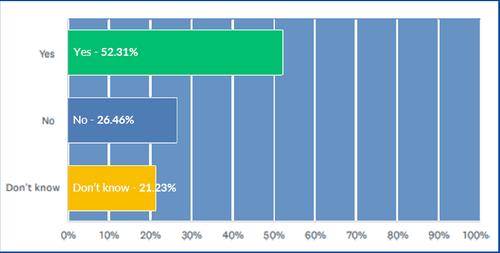
Was the Directed Time Calendar consulted on with teachers and/or union reps in the summer term?
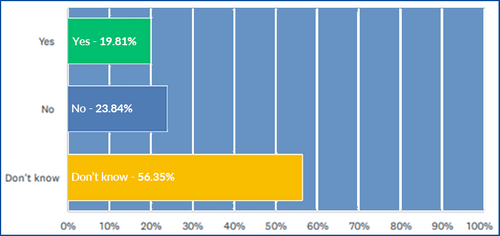
Annual event calendars are usually provided (92%). However, members stated that they were constantly changing with added activities which were not consulted on.
The phrase, ‘subject to change’ was used repeatedly in comments. If college calendars are constantly changing, directed time cannot be fixed. While there should be some contingency time for changes if necessary, college calendars should not be a ‘moveable feast’.
Comments:
‘Directed time can be used as a threat to tell staff they are ‘under hours’ despite it not being consulted on in many cases.’
‘It is often late and subject to in-year reviews’
‘It has been shared but how the time is calculated and used over the academic year is not clear. The term is used frequently to account for extra duties, but it is hard to work out whether they are actually within the limits of directed time.’
‘Items are changed/added after the publication of the calendar and the calendar is not received very far in advance.’
‘The calendar is subject to change throughout the year.’
This shows the lack of understanding that the 1,265 hours is a limit not an objective and that there is a need for meaningful consultation with union representatives.
Directed time - part-time staff
Approximately a third (33.33%) of respondents were part-time members of staff.
On the whole, they felt that directed time is not clearly allocated and they are working more hours than is proportionate to their role. A number stated that they had changed to part time to achieve a greater work/life balance.
Many thought that the expectations of their college were not clear. Of those who responded, 51% said their Directed Time Calendar had been calculated pro rata.
Increase in student numbers
There has been a marked increase in class sizes and 77.09% of respondents stated that student class sizes have increased significantly over the last five years, going from approximately 18-21 to 24-28 being more common. Some members reported class sizes of over 30.
This has the effect of increasing workload in terms of marking, assessment and related monitoring and admin tasks.
The majority of members were not aware if there was a minimum class size in their college. Those that were suggested the size was around 24.
Some subjects, such as science, performing arts and fashion reported that facilities such as laboratories were not big enough for the increased numbers.
In some cases, classrooms are not big enough and there is an impact on resources, for example a lack of computers.
Has the number of students per class increased in the last five years?
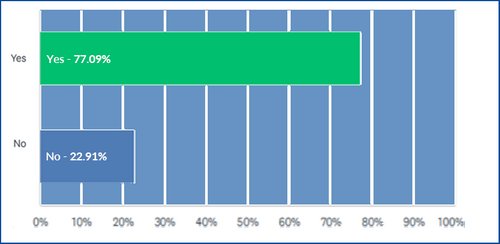
Cover
Do you regularly cover for absence?
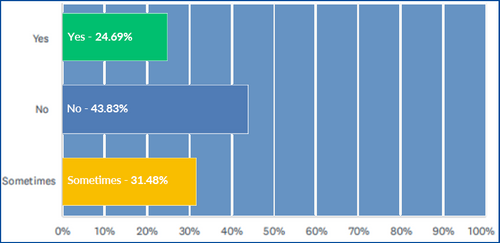
Cover is managed in a variety of ways in colleges, with 43.83% reporting they do not cover.
However, 56% do cover to some extent, including for known absence. This is sometimes rewarded with time off in lieu (TOIL) or extra pay.
In many colleges, there is an expectation that staff will cover within departments and there is a reluctance to employ supply teachers. In one college, the management covered and in some cases part-time staff are asked to cover.
‘There is an expectation to cover for colleagues even if it is a long-term absence.’
‘Often at the same time as my own classes, meaning I have to swing back and forth between classrooms’
It seems clear that many colleges do not adhere to the current Red Book cover arrangements and for some teachers the expectation of cover can increase workload. This is a particular issue in the case of long-term absence.
Open events
There is a range of open events that members are expected to attend on Saturdays or in the evening.
Some are considered to be directed time and others can result in TOIL. Some of these events, for example interview evenings for prospective students, are not subject-related and do not require the skills of a teacher.
Some colleges will allow TOIL during the autumn term when the majority of open events take place. In some cases, staff cannot take the TOIL at convenient times or part-time staff have difficulty accessing this time.
The number and timing of open events should be subject to consultation in the summer term when the directed time budget is consulted on.
Does your college have a time off in lieu (TOIL) system for cover/open evenings?
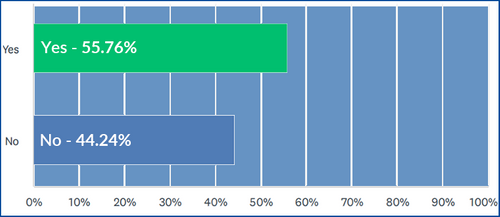
Administrative tasks
Members reported an increase in administrative tasks relating to student attendance, monitoring of students’ assessments and pastoral roles.
Teachers are expected to follow up student attendance, including calling parents and inputting attendance data to computer systems. As well as marking and monitoring of students’ assessment, there is an expectation in some colleges that teachers log results on online platforms.
Many colleges seem to have multiple systems on which assessment data has to be inputted, for example department spreadsheets as well as computer systems.
Teachers are expected to carry out data input tasks which do not require the skills of a teacher. Often college systems or markbooks do not ‘talk to each other’ so data has to be inputted into two systems.
Are you expected to input student data into multiple college record systems?
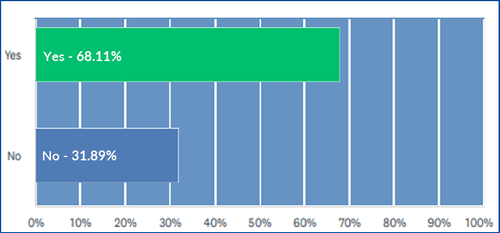
Non-contact time
Forty-four per cent of respondents had approximately four hours of non-contact time, not including Leadership and Management Time, while 23.13% were allocated three hours.
This would correspond to the average time for a teaching set being 4 hours 40 per week. It should be noted that some staff have much less than this, for example 11.57% had no time at all.
Some teachers are expected to carry out student support activities in non-contact time. In terms of management time, 43% of middle leaders are allocated three hours or more.
Activities in lunch and after college outside directed time
Almost half (49.23%) of teachers report an expectation to take part in extracurricular activities which are not in directed time, for example sports clubs or revision/intervention. This includes in their lunch break and during college closure periods.
‘Staff are strongly encouraged to run extra revision sessions as well as enrichment activities although they are not compulsory.’
‘But we are heavily criticised if we don’t offer an aspect of enrichment and it has been used as part of our ‘improvement’ plan’
‘Expectation to provide enrichment and holiday revision sessions.’
Lunch break
Other work-related activities which members are expected to take part in during their lunch break include revision, student meetings and staff meetings, including student drop-ins and enrichment. One example is ‘eat and CPD’ or ‘learning lunches’.
Although this is not directed time, 45.37% of respondents are expected to take part in activities in the lunch break.
Where there are split or staggered lunches, there can be an expectation that staff will work during these times, for example ‘quick’ meetings and briefings. Teachers report that it is hard to take a lunch break as they instead try to keep up with admin task requirements. Students assume they are available as other classes are taking place and they do not perceive this to be a break.
Ofsted
Ofsted is frequently referred to in comments throughout the survey, with 60.87% saying that it does contribute to workload and 24.53% that it does to some extent.
‘Everything is done in the name of Ofsted.’
‘Workload is increased by Ofsted preparations, including deep dives and subject reviews.
Does Ofsted contribute to your workload?
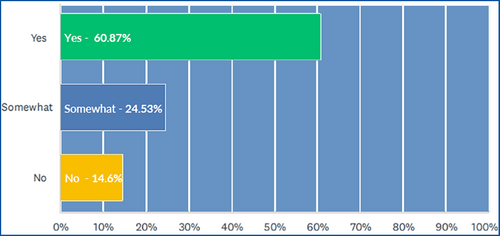
Teachers reported that 75.16% of colleges do ‘deep dives’ which add to workload through preparation and paperwork tasks and add to stress.
The majority (85.5%) of members whose colleges carried out deep dives stated that they add to their workload. Some colleges also carry out ‘shallow dives’ and ‘walk-throughs.’
‘Management say they are not intended to increase workload but in reality they do.’
‘They increase stress and workload but do not improve teaching or results.’
‘Most admin tasks we do are solely for Ofsted and have no benefit to students’
Online platforms
All colleges now operate with online platforms, including Teams, Google Classroom, SharePoint, Promonitor, Cedar, Moodle or a bespoke system.
These systems do increase workload to an extent, including due to lack of training, multiple data input and the need to upload work. Such systems have led to students expecting a 24/7 response to questions, including contact on ‘chat’ and they can be accessed by parents in some cases, sometimes at evenings and weekends.
Staff are expected to monitor the students’ work on such platforms, including entering data onto systems which do not interact with each other.
Staff are often expected to upload their resources and programme of study to the platform.
‘I feel as though I’m expected to provide a programme of learning via the classroom equivalent to a distance learning programme.’
It can be time-consuming for staff when they are expected to upload their work to a new system without extra time or training and it can take time to adapt to a new system.
Does this platform increase your workload?
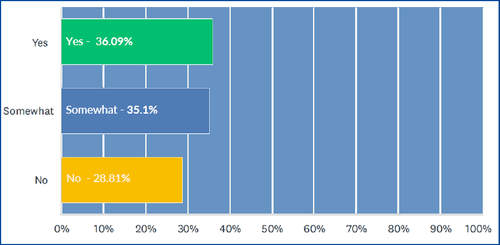
The majority of members found that online platforms increase or somewhat increase their workload.
College approach to workload
Is your college taking steps to cut down on workload?
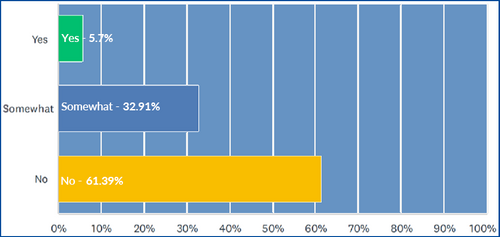
The majority of members do not think that colleges are taking meaningful steps to cut down on workload. Some colleges are providing non-teaching days for marking or communications with peers and parents which is helpful.
Comments included:
‘The college plays lip service to ‘staff well-being’ but haven’t made any systematic changes that could help reduce workload.’
‘Pressures on heads of faculty increase workload despite senior team saying they are tackling it.’
‘I have not heard seniors saying we don’t need to do this anymore since we asked you to do this instead.’
‘Some attempts have been made but these have predominantly been top-down impositions from management and do not respond well to staff feedback.’
‘Many tasks are under pressure from Ofsted’.
‘If anything demands are increasing.’
Recommendations for colleges
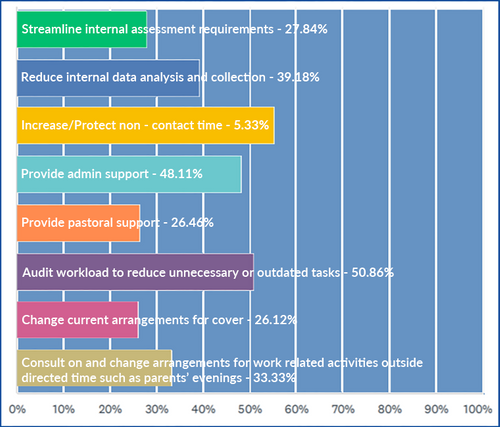
This graph shows that the four highest responses from members relate to protecting and increasing non-contact time, auditing the current workload, providing admin support and reducing internal data analysis and collection.
The results further show that greater consultation around out-of-hours activities such as open evenings is needed.
Comments from members included:
‘An ‘impact on workload assessment’ should be automatic with each new initiative’
‘Lack of communication among management so admin duties happen at once rather than being streamlined.’
‘Too many ‘it will only take 5 minutes’ jobs given by management, which in reality add up to hours during the week.’
A frequent comment was that smaller classes and more non-contact time would have a greater effect on teaching and learning than the constant monitoring of students.
Conclusions
It is clear that there are pressures on colleges in terms of funding, increased student numbers, recruitment of students, pressure to improve results and Ofsted.
The pandemic resulted in a greater move to online platforms and increased recording of assessment data. Consequently, new tasks are being continually added to teachers’ workload without an audit of the number of tasks they are asked to do, removal of other tasks or an impact assessment of the workload involved.
The expectations on sixth-form college teachers have moved away from those in place when Appendix 9 of the Conditions of Service of Staff in Sixth Form Colleges was last updated in 2016 and that guidance is not universally followed, particularly in the areas of cover and admin tasks.
Directed time is not commonly consulted on in good time, if at all, and there is a lack of clarity on what constitutes directed time. Expectations that staff should work outside of directed time have increased.
The timing of open days and evenings is a cause for concern to staff and should be consulted on, with TOIL provided. There should be consideration given to managing the workload created by such events in the autumn term as they generally take place at the start of the college year.
Part-time teachers can feel that their workload and directed time are not considered and, given the recruitment and retention crisis and the equalities issues involved, there should be a focus on supporting flexible working.
The requirements of Ofsted have increased stress and workload for teachers and leaders. Given the request for Ofsted to update the Clarification for Schools document in the Workload Reduction Taskforce initial recommendations, at a minimum this should also be produced for sixth-form colleges.
It is clear that there needs to be a renewed commitment by Sixth Form Colleges Association employers on workload so that teachers can focus on teaching and learning.
Online platforms should be a tool for teaching staff, not a driver of workload and accountability measures for teachers.
Colleges need to work with union representatives to audit workload tasks, consult on directed time, and review and remove activities which include administrative tasks that are unnecessary and/or do not require the skills of a teacher.
Your feedback
If you require a response from us, please DO NOT use this form. Please use our Contact Us page instead.
In our continued efforts to improve the website, we evaluate all the feedback you leave here because your insight is invaluable to us, but all your comments are processed anonymously and we are unable to respond to them directly.
